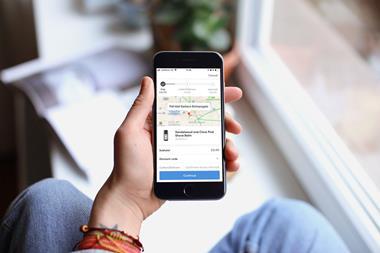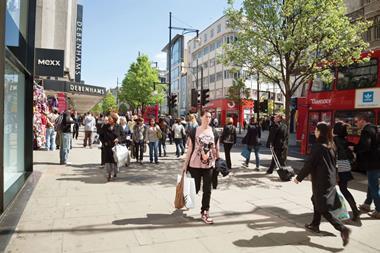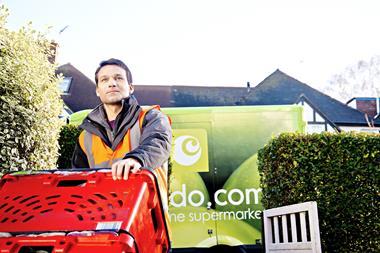In order to meet the increasing expectations of consumers, retailers must embrace the services revolution.
As consumer behaviour evolves, many UK retailers are looking to experiential or service-based shopping to create a point of difference and stay relevant to their customers.
The change in strategy can be attributed to a number of factors; the exponential growth of the on-demand economy; millennial-led trends towards experience over ownership, and the pressing need for retailers to stand out from the rise of global generalists – which account for more than 50% of online retail sales globally, according to 2018 research from Business Wire.
Becoming part of the customer conversation outside of a narrow buying window is the holy grail for marketeers
It is therefore no surprise to see retailers exploring strategies to develop a share of both the on-demand and experiential wallets. So how are retailers embracing this growing trend?
New revenue streams
Many brands are finding success in leveraging their existing reputation and product range to add new, related service lines into their mix.
Take high street stalwart Debenhams. It decided to differentiate its offering by taking a stake in on-demand beauty service Blow, in-store fitness centre Sweat!, and deli kitchen Loaf & Bloom – collectively covering impulse experiences and on-demand utilities.
Both Amazon and John Lewis have launched their respective home services offerings, banking on the strength of their brands to drive the initiatives.
The wrap-around service
Ikea’s acquisition of TaskRabbit in 2017 was a tacit admission that few enjoy the prospect of battling through the construction of yet another Billy bookcase.
However, rather than shy away from a negative customer, Ikea addressed it head on, creating an opportunity to eradicate a barrier to purchase and deliver a new incremental revenue stream.
French retailer Nature et Découvertes reasoned, not unwisely, that consumers buying from its telescope range might be interested in booking astronomy classes at the same time.
Similarly, Jessops introduced photography courses and Halfords incorporated bike set up and maintenance. To be a category leader is to make the most of your superior knowledge of your specialism.
Increased brand relevance
When cycle brand Rapha witnessed its loyalists organising their own impromptu grand tours in far-flung places, the retailer jumped on the opportunity to take ownership of the trend and launched Rapha Travel.
Becoming part of the customer conversation outside of a narrow buying window is the holy grail for marketeers and, as more retailers rally around the “one-stop shop for…” strategy, services will be an even more popular tool to extend relevance.
A marketplace for services
Take a global view of the leading players in the delivery of services online and you’ll see a consistent trend – they typically do not own nor directly provide the inventory of services they sell.
Whether Uber with taxis or Airbnb with hotel rooms, high growth companies utilise the marketplace model, allowing third parties to offer their services through a controlled, branded online interchange.
A marketplace model allows retailers to focus on their strengths – driving customers to the brand with great customer experience – leaving the provision of services to expert partners.
Welcome to the services revolution.

Nick Bareham is UK country manager at Mirakl
Download A marketplace mindset today, to discover how to go from selling on marketplaces to becoming one.



























No comments yet